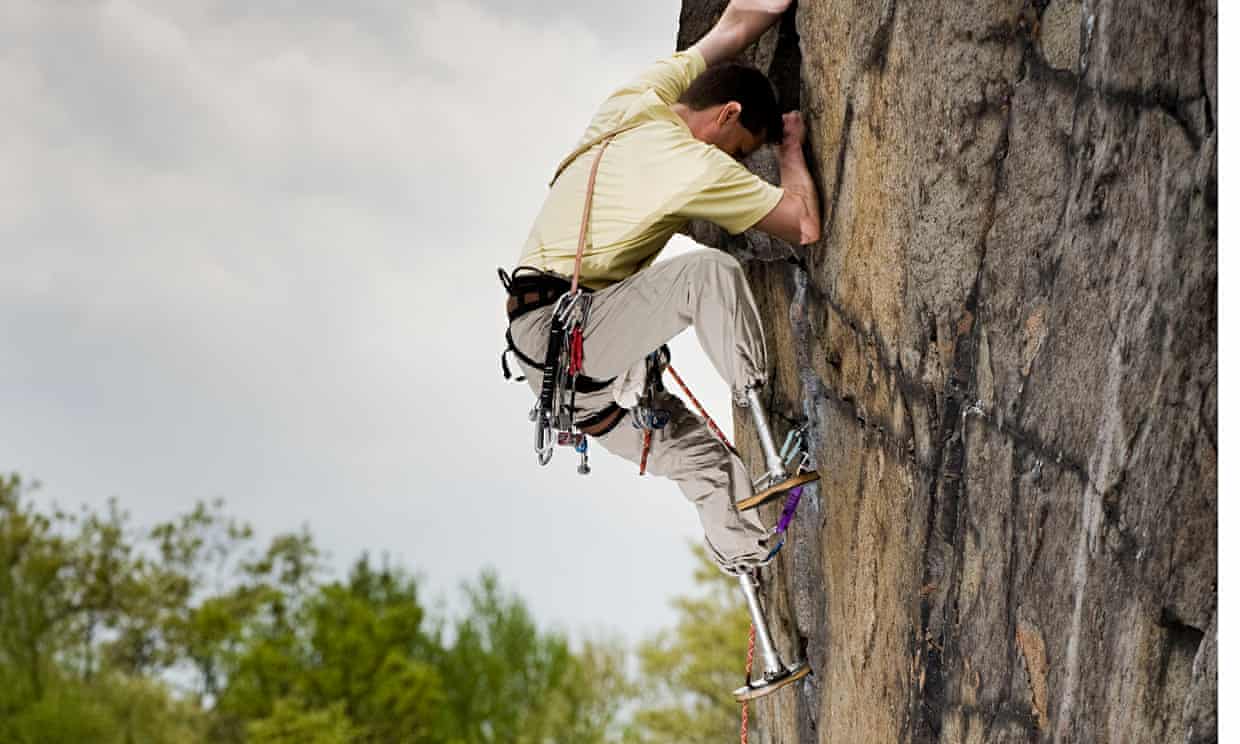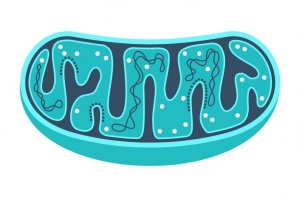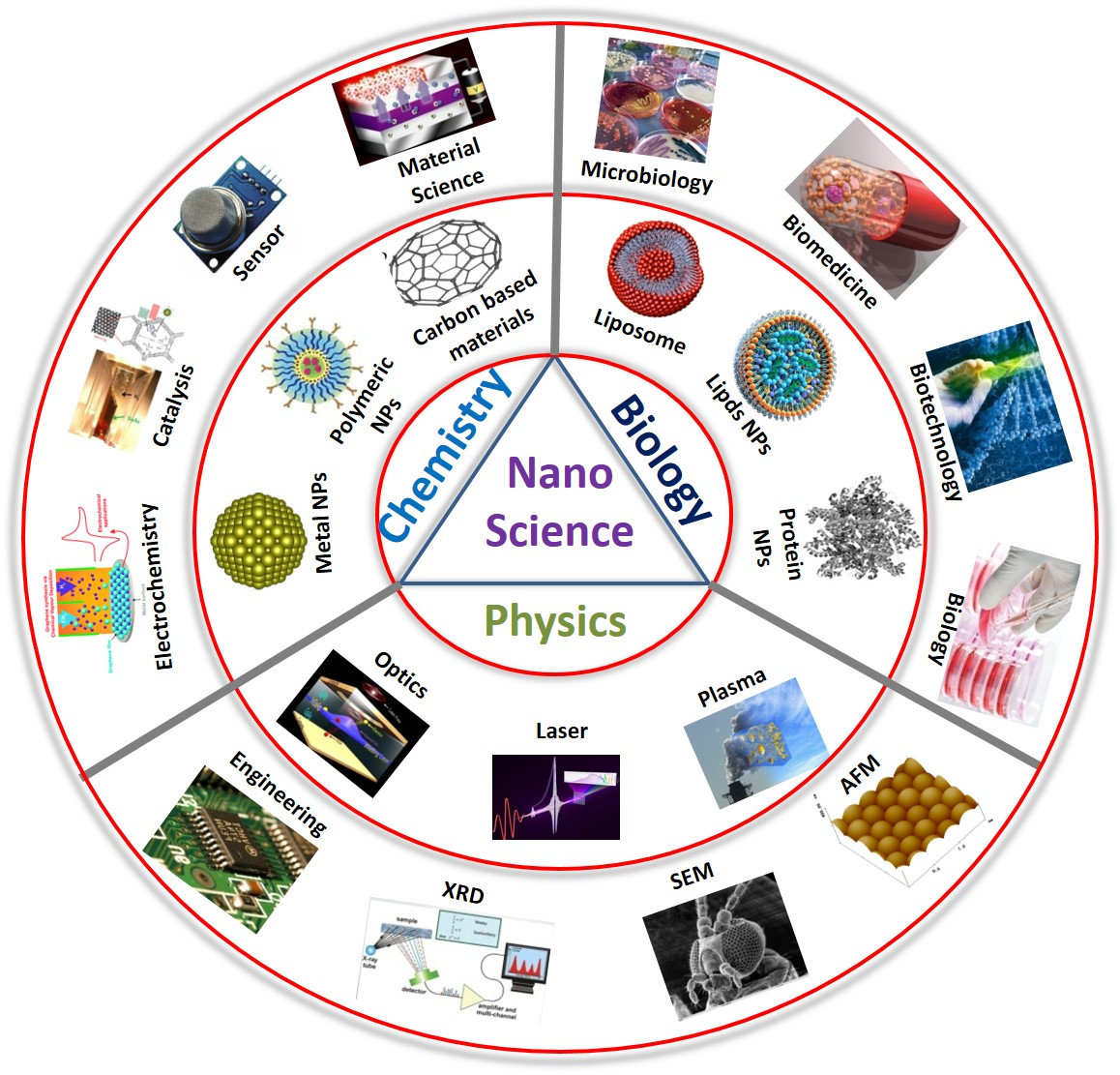Hi, I am Alex I study Biomedical Science and this is my first blog post.
I picked this module because I am really interested in medical engineering and to get an understanding of how body parts are replaced and produced. I am interested in particular in bionics where artificial limbs and organs are able to replace existing organs and limbs. I find it very fascinating that modern bionics and artificial limbs are becoming more and more advanced to match organic body parts and even in some instances becoming superior to organic body parts. For example an article I have read in the past discussing whether a person might actually favour an artificial limb over their current legs to gain an advantage for rock climbing as a artificial legs has shown to give an advantage in grip and reach that they never had before. I want to learn more about what are the regulations and current state of development of engineering and designing

Here below is a video showcasing how biophysicist Hugh Herr developed his replacement legs.









This is an initially reflective and well researched blog showing how you have chosen to explore the emerging field of…
This is a good attempt at a blog, where you reflect on your recent learning at a lecture/workshop to describe…
This is a fair to good blog, reflecting on your recent learning in some of your modules. You provide a…
This is an engagingly written and reflective blog focussed in general on ethics in medicine. You might improve by citing…
This is a good and well written an presented blog on an original subject - biofilms on implants. You explain…